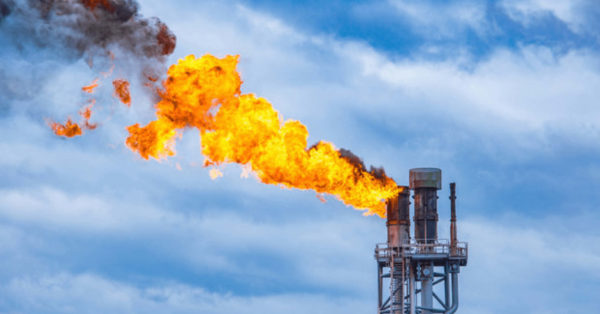Statement On EPA’s New Rules To Curb Methane Emissions From the Oil and Gas Industry

[November 2, 2021, Philadelphia, PA] – Today, the Environmental Protection Agency (EPA) released two proposed rules to significantly reduce methane and other harmful pollutants from both new and modified as well as existing oil and gas operations. These rules would require companies to find and fix methane leaks from oil and gas wells and related equipment. EPA’s proposal is a reversal in policy from the previous administration’s attempt to deregulate methane by rolling back the 2016 New Source Protection Standards (NSPS) for oil and gas sites.
Methane, the primary component of fracked gas, is an extremely potent greenhouse gas – up to 87 times stronger than carbon dioxide over the first 20 years of its presence in the atmosphere – and a major force behind the climate crisis, creating ideal conditions for extreme and deadly weather events. Because methane leaks across every segment of the supply chain, the oil and gas sector releases 16 million metric tons of methane annually, accelerating the pace of the climate crisis at a time when the world’s top scientists are calling for immediate action.
“EPA’s proposed rules, once strengthened, will be critical for significantly reducing climate-warming methane and harmful air pollutants from new and existing oil and gas operations, which will help tackle the climate crisis at this critical moment,” said Joseph Otis Minott, Executive Director and Chief Counsel of Clean Air Council. “Governor Wolf must also do more to cut methane from Pennsylvania oil and gas operations.”
Clean Air Council recently helped U.S. residents submit over 1,937 official comments asking the EPA to propose a strong rule to limit methane and volatile organic compound (VOC) emissions from oil and gas sites. Clean Air Council will now work to make sure the EPA finalizes a strong rule that reduces methane emissions by at least 65% by 2025. The Intergovernmental Panel on Climate Change (IPCC) specifically highlighted the impact methane pollution has had on the climate crisis. Fortunately, existing technology upgrades like “no-bleed pneumatics” and increased leak detection can easily reduce methane pollution, create jobs, and spur technological innovations.

